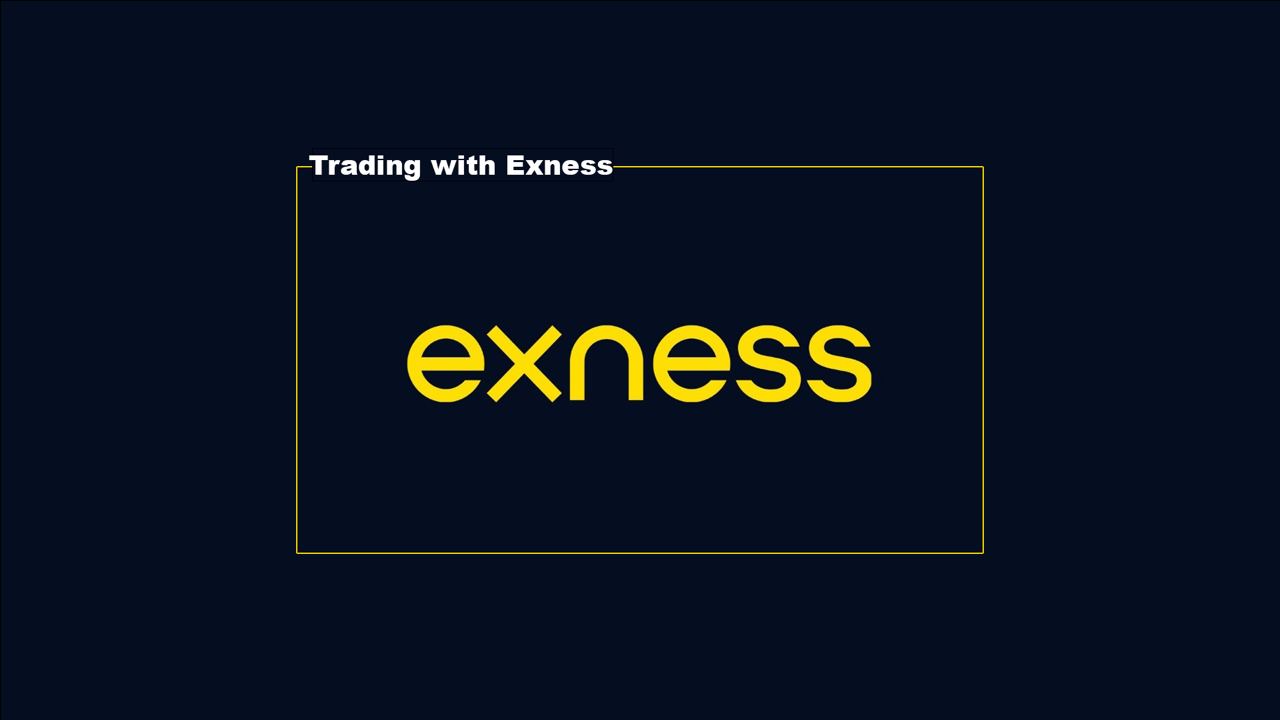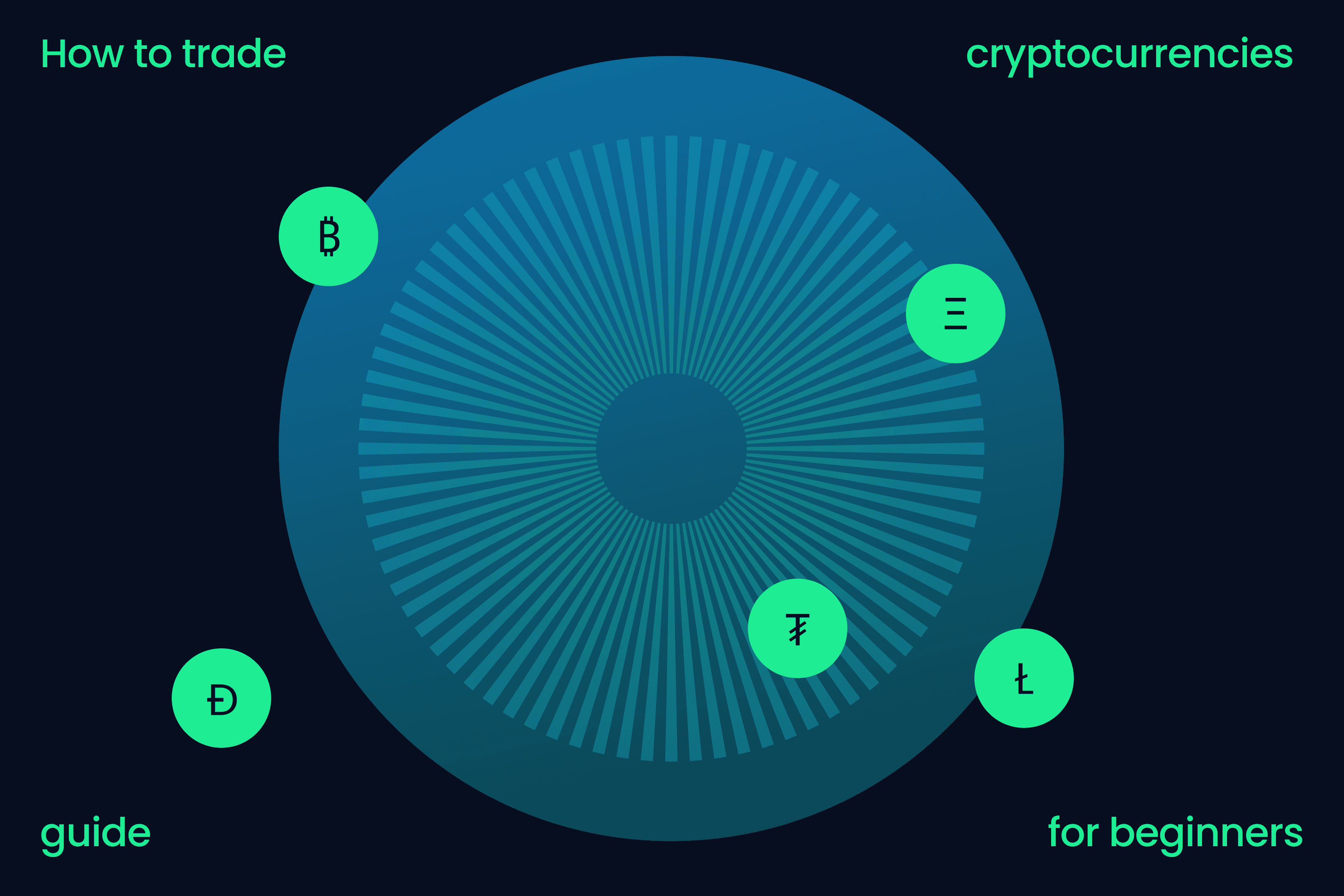
8 minute read
Where to Trade Bitcoin - Exchanges Compared
Finding the right platform to trade Bitcoin can make all the difference between profitable trades and missed opportunities. With dozens of exchanges now competing for your business, each offering different fee structures, security features, and trading tools, choosing where to place your crypto can be overwhelming. Let's cut through the noise and examine what really matters when selecting a Bitcoin exchange.

🏆 Start Trading With Exness – Register Now! 🚀 or Visit the Broker’s Website ⭐
Key Factors to Consider When Choosing a Bitcoin Exchange
When I first started trading Bitcoin back in 2017, I learned the hard way that not all exchanges are created equal. Security should be your top priority - look for platforms with cold storage, two-factor authentication, and a clean security track record. Liquidity is crucial too; nothing's worse than trying to exit a position during volatile markets only to face slippage because of thin order books.
Fees can eat into your profits surprisingly quickly. Some exchanges advertise low trading fees but hit you with steep withdrawal charges. I always check the complete fee structure before committing to a platform. User experience matters more than you might think - a clunky interface can lead to costly mistakes when executing trades quickly.
Regulatory compliance gives you some protection, so I prefer exchanges that operate within clear legal frameworks. Available trading pairs are another consideration - the major exchanges offer BTC/USD and BTC/EUR, but if you're looking for exotic pairs, you'll need to shop around. Finally, customer support response time can be a lifesaver when issues arise.
Top Bitcoin Exchanges Compared
Binance
Binance has dominated the crypto exchange landscape since its explosive growth in 2017. The platform offers impressive liquidity, with Bitcoin trading volumes consistently among the highest in the industry. Their fee structure starts at 0.1% per trade and decreases with volume. I've found their advanced trading interface powerful but potentially intimidating for newcomers. Their security measures are solid, though they did suffer a hack in 2019, losing about $40 million in Bitcoin.
Coinbase
Coinbase is often the gateway for new Bitcoin investors in the US market. Their standard platform is extremely user-friendly, while Coinbase Pro caters to more active traders. Fees are higher than many competitors—around 0.5% per transaction—but the peace of mind from their regulatory compliance and insurance policies can be worth it. I've never had issues with their security, and their mobile app is one of the smoothest I've used.
Kraken
Kraken has built a reputation for security and reliability since 2011. Their trading interface hits that sweet spot between functionality and usability. Fees range from 0.16% to 0.26% for most traders. What I appreciate most is their depth of liquidity for BTC/EUR pairs, which can be harder to find on some exchanges. Their customer service response times have improved dramatically in recent years after some growing pains.

Bitstamp
As one of the oldest Bitcoin exchanges still operating, Bitstamp has earned traders' trust through multiple market cycles. Their trading volume isn't as massive as Binance, but liquidity remains solid for major pairs. Fees start at 0.5% and decrease with volume. The platform is straightforward without being simplistic. I've found their verification process more stringent than some competitors, but that's part of their security-focused approach.
Gemini
Founded by the Winklevoss twins, Gemini emphasizes regulatory compliance and security. Their ActiveTrader platform offers decent tools for serious Bitcoin traders with fees starting at 0.35%. What stands out is their insurance coverage and the fact they've never been hacked—a rare achievement in this industry. The downside? Their trading pairs are somewhat limited compared to larger exchanges.
Exness Bitcoin Trading Platform
Exness brings a different approach to Bitcoin trading through their CFD offerings. Rather than buying actual Bitcoin, you're trading contracts that track Bitcoin's price. This brings several advantages: leverage options up to 1:20 on crypto pairs, no need to worry about wallet security, and the ability to go short as easily as going long.
Their platform offers tight spreads on Bitcoin trading, typically ranging from 5-20 pips depending on market conditions. I've found their execution speed particularly impressive during volatile markets. The MetaTrader interface will feel familiar to forex traders, though crypto newcomers might face a learning curve.
One standout feature is their 24/7 trading availability, matching Bitcoin's always-on market. Their risk management tools—including guaranteed stop-losses—provide peace of mind when trading a volatile asset like Bitcoin.
🏆 Start Trading With Exness – Register Now! 🚀 or Visit the Broker’s Website ⭐
Advantages and Disadvantages of Different Bitcoin Exchanges
Binance Advantages: High liquidity, low trading fees, many trading pairs Disadvantages: Too complex for beginners, regulatory issues in some countries
Coinbase Advantages: Very user-friendly, well-regulated, insured deposits Disadvantages: Higher fees, fewer advanced trading features
Kraken Advantages: Strong security record, good for EUR trading, trusted history Disadvantages: Platform can slow down during busy market periods
Bitstamp Advantages: Trustworthy, simple to use, good European support Disadvantages: Higher fees, fewer cryptocurrencies available
Gemini Advantages: Focus on security, strong regulation compliance, insured Disadvantages: Limited trading pairs, relatively higher fees
Exness Advantages: Offers leverage, familiar MetaTrader platform, easy to short Bitcoin Disadvantages: Trading price contracts not actual Bitcoin, may have holding costs
How to Choose the Best Bitcoin Exchange for You
Finding your ideal Bitcoin exchange depends on your specific needs. Here's my process for evaluating platforms:
Assess your experience level - beginners should prioritize user-friendly interfaces and educational resources
Determine your trading frequency - high-volume traders benefit more from lower fees
Consider your security priorities - cold storage and insurance may matter more for large holdings
Check regulatory status in your jurisdiction - some exchanges aren't available everywhere
Evaluate deposit/withdrawal methods - make sure your preferred banking options are supported
Test customer service responsiveness - try submitting a pre-registration question
Compare fee structures across your shortlisted exchanges for your typical transaction size
Start with a small deposit to test the full trading experience before committing larger funds

🏆 Start Trading With Exness – Register Now! 🚀 or Visit the Broker’s Website ⭐
Conclusion
The best Bitcoin exchange varies dramatically based on your priorities as a trader. Newcomers often find Coinbase's simplicity worth the higher fees, while experienced traders typically gravitate toward Binance's liquidity and lower costs. Security-conscious investors might prefer Gemini or Kraken, while those looking to incorporate Bitcoin into broader trading strategies might find Exness's CFD approach more suitable.
I've switched exchanges three times in my trading career as my needs evolved. Don't be afraid to maintain accounts on multiple platforms to leverage their different strengths. The crypto exchange landscape continues to evolve rapidly—staying flexible and regularly reassessing your options will serve you well in the long run.
Frequently Asked Questions (FAQs)
Which Bitcoin exchange is the easiest to use for beginners?
Coinbase takes the crown here. Their standard interface strips away complexity, showing just what beginners need. Their mobile app follows the same philosophy. Gemini offers a similar beginner-friendly experience, while Binance and Kraken can overwhelm newcomers with features. I generally steer first-time Bitcoin buyers toward Coinbase, despite the higher fees, as avoiding costly mistakes is worth the premium.
What are the fees for trading Bitcoin on different exchanges?
Fees vary widely across exchanges and depend on your trading volume. Binance offers the lowest starting fees at around 0.1%, while Coinbase Pro charges 0.5% for low-volume traders. Bitstamp and Kraken fall somewhere in between. Remember to factor in withdrawal fees too—some exchanges with attractive trading fees recoup costs with steep withdrawal charges. Always calculate the total cost based on your typical trading pattern.
Can I trade Bitcoin on mobile apps?
Absolutely. Every major exchange now offers mobile trading apps, though quality varies significantly. Coinbase and Binance have invested heavily in their mobile experience, offering nearly all desktop functionality. Kraken's mobile app has improved dramatically in recent updates. Exness provides Bitcoin trading through their standard mobile trading app, which I've found responsive even during market volatility.
Are there any exchanges that allow Bitcoin trading with no fees?
No truly "free" Bitcoin trading exists—platforms must cover operational costs somehow. Some exchanges advertise zero-fee trading but widen the spread between buy and sell prices. Others offer temporary fee-free periods for new users. Robinhood claims commission-free crypto trading but makes money on the spread and payment for order flow. In my experience, transparent fee structures are preferable to "hidden" costs.
Can I trade Bitcoin on Exness?
Yes, Exness offers Bitcoin trading through CFDs (Contracts for Difference). This means you're speculating on Bitcoin's price movements without owning the actual cryptocurrency. The advantage is access to leverage and the ability to profit from both rising and falling prices without worrying about wallet security or blockchain transfers. Trading is available 24/7 through their MetaTrader platform.
How does Exness compare to other exchanges for Bitcoin trading?
Exness differs fundamentally from traditional crypto exchanges by offering Bitcoin as a CFD rather than facilitating actual cryptocurrency ownership. This approach brings several advantages: leverage options, familiar trading platform for forex traders, and simplified tax reporting in many jurisdictions. The spreads are competitive compared to the effective costs on traditional exchanges when you factor in their fees.










